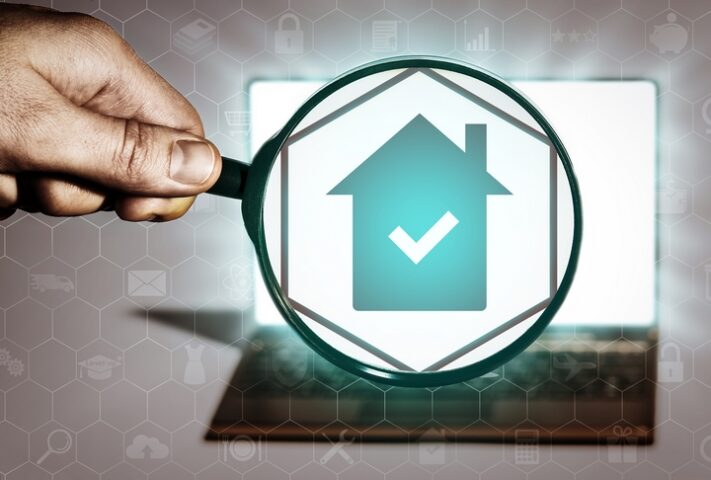How to Buy a Tax Delinquent Property

Buying property is a huge endeavour with many steps, but beyond finding the right home, you must also qualify for a mortgage and make big payments for the next few decades. If only there was an easier and cheaper way.
The good news is there is, and it involves buying homes that are behind on their taxes. Most cities and municipalities compile records of delinquent properties where owners have not kept current on their property taxes, and then during the year, they place these properties up for auction to recoup what is owed. You can then bid on them and, if successful, take ownership of a property for pennies on the dollar.
Does this sound enticing to you? Here is how to buy a tax-delinquent property.
Check out your desired areas for tax sales

If you are interested in specific neighbourhoods or are open to owning beyond your local area, check out different community websites for upcoming tax sales. They list these tax sales and give you time to check them before the auction. It can be competitive, so line up as many sales as you want to avoid missing out.
Do your homework

The most crucial step in purchasing a tax-delinquent property involves several actions. First and foremost, research the tax sale listings on the website. This will provide you with essential details for each property, such as its address and opening bid.
It’s important to visit properties you are interested in. While you can bid on a property without viewing it, this approach is not recommended. Seeing the property firsthand allows you to determine if it’s worth bidding on.
Additionally, check for any potential issues with the property. Although this may require an investment of time and money, it’s a necessary precaution to avoid encountering liens or other problematic situations associated with the property.
Lastly, pay attention to the surrounding area of the property. Any negative aspects of the location might make it a bad investment in the long run.
Decide how much you want to bid

This decision is tough because you want to win the bid and take over property ownership. Bid too low, and you won’t get it, but bid too high, spending more than you must. Depending on the type of sale, you might not know what other bids are, so it is a bit like shooting in the dark.
Your best bet is to decide what you will pay and set that as your limit. This will take the emotions out of the sale, and then if you get it, great; if not, great. Remember that other people may also be bidding, and if you see potential beyond just keeping it for yourself, like flipping it, you can put in a higher bid because there is still room for profit.
Take part in the auction

The exciting part of a tax sale is when it comes down to deciding who wins the bid. There are two ways that a tax sale can be conducted: through a public auction and tender.
Public Auction
In a public auction, there is a specific time and place where you need to attend in order to participate. Make sure to arrive early so you can register, and be prepared to bid on the property that interests you once the auction begins. Bidding starts at the minimum bid, but you might have to increase your offer if other interested parties are present.
Keep in mind the dollar amount you’ve planned for, and don’t let the thrill of the moment cause you to bid more than what you initially intended. Stick to your plan, and hopefully, you’ll end up as the winner. After the auction concludes, be ready to make a deposit and pay the full amount within a few business days.
Tender
On the other hand, a tender involves a less emotional process. To participate, download a bid form from the website and fill in your details along with your offer. Your bid must be placed in a sealed envelope and delivered to the bidding office before the specified auction date. If not submitted on time, your bid won’t be considered, and this opportunity will slip away.
On auction day, all bids are opened and compared – the highest bidder wins. However, bear in mind that you won’t get another chance to increase your bid, so make it competitive from the start. If you are indeed the highest bidder, you’ll receive notification and then have a few days to finalize payment and secure your new property.
Redeemable vs non redeemable

Delinquent properties up for auction will be listed as redeemable or non-redeemable. Redeemable means that even though you won the bid, the previous owner has a legal right to keep the property should they pay the delinquent taxes. This typically takes 1-6 months, and you must wait until then to take possession.
Non-redeemable means you take legal possession of the property once the auction ends and receive a certificate of sale. The previous owner has no recourse to get their property back.
This is how to buy a delinquent property. It is a unique way to buy a house or some land, but it’s not for the faint of heart. By following these steps, you have the best chance of winning your bid and possessing a property that will serve you well.


